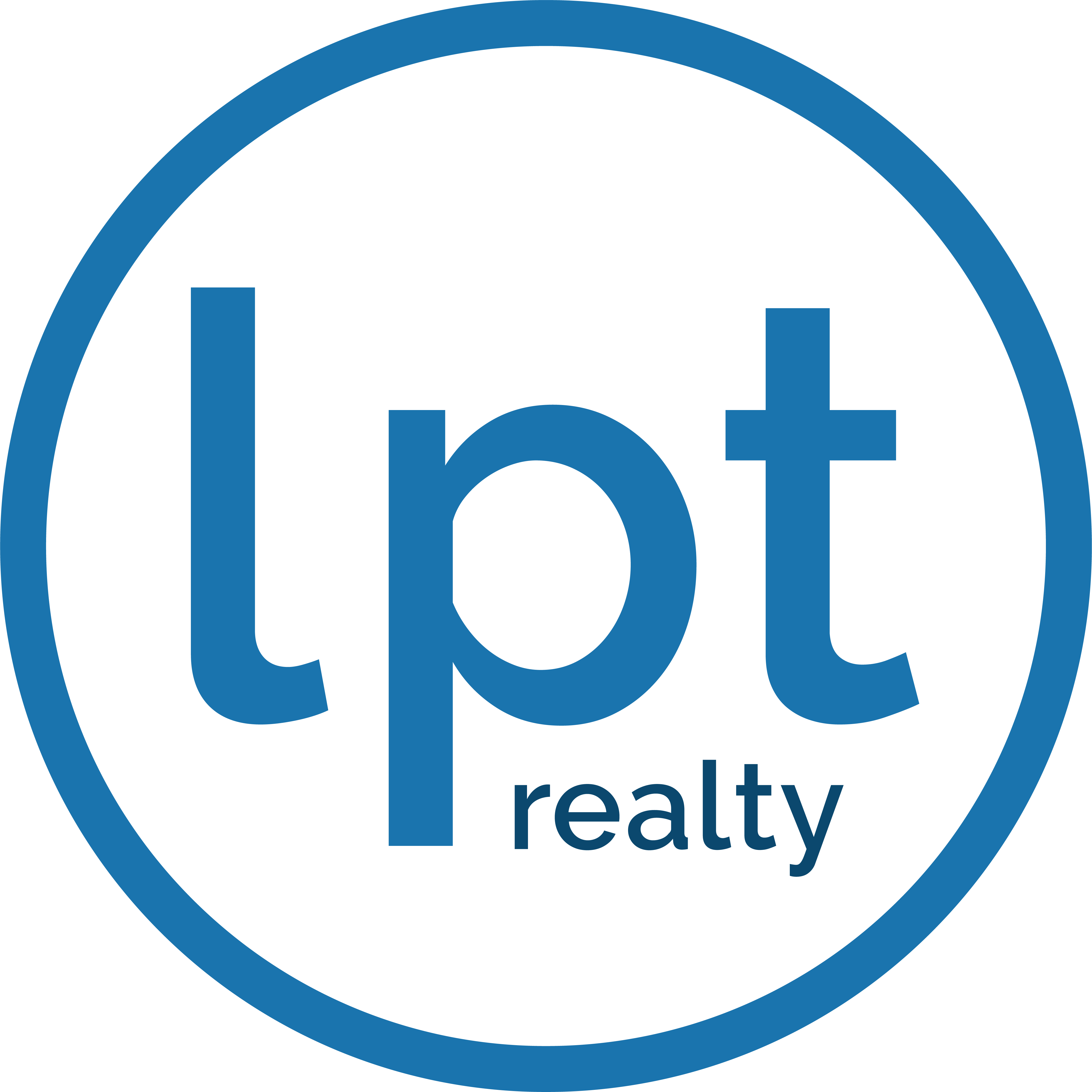What is pre-approval, mortgages, and closing costs

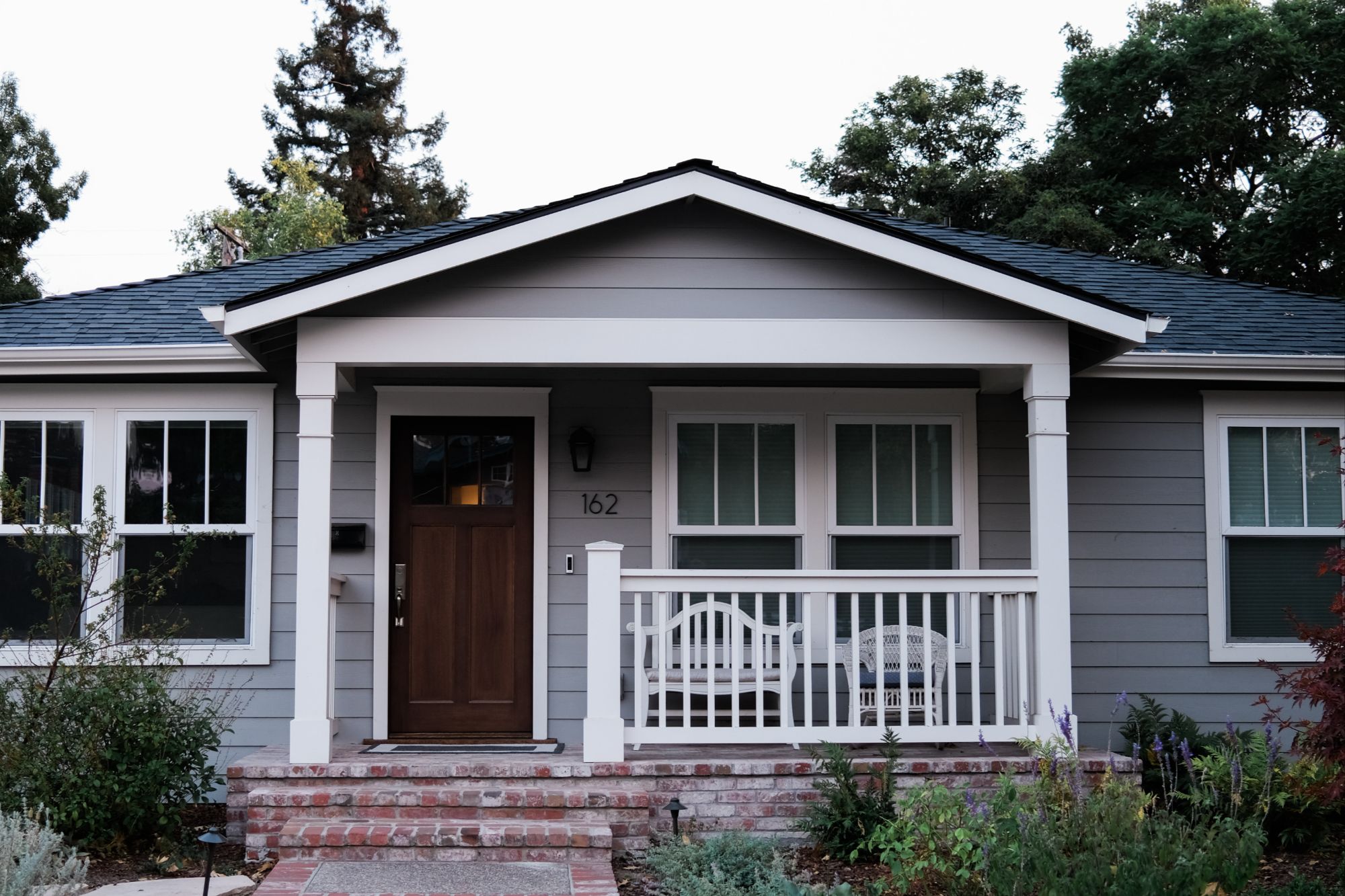
When diving into the world of real estate, understanding the intricacies of financing is crucial for potential buyers. One of the first steps in this journey is obtaining pre-approval for a mortgage. This process not only sets the tone for your home-buying experience but also provides insight into how much you can afford, paving the way for a more focused search.
Pre-approval involves a lender reviewing your financial history, including your credit score, income, and debts, to determine how much they are willing to lend you. This step is vital because it gives you a clearer picture of your budget and strengthens your position when making an offer on a property. Sellers are often more inclined to negotiate with buyers who have pre-approval in hand, as it demonstrates serious intent and financial capability.
Once you’ve secured pre-approval, the next step is exploring mortgage options. Mortgages come in various forms, including fixed-rate and adjustable-rate loans. A fixed-rate mortgage maintains the same interest rate throughout the loan term, providing stability in monthly payments. Conversely, an adjustable-rate mortgage (ARM) may start with lower initial rates that can fluctuate over time based on market conditions. Understanding these options is essential in choosing a mortgage that aligns with your long-term financial goals.
However, securing a mortgage often comes with additional costs that buyers must factor into their budgets. One such cost is Private Mortgage Insurance (PMI). If your down payment is less than 20% of the home's purchase price, lenders typically require PMI to protect themselves against potential defaults. While PMI can add to your monthly expenses, it allows buyers to enter the market without having to save for a substantial down payment.
As you progress toward closing on a property, it's crucial to be aware of various inspections and assessments that may be required. For instance, termite inspections are common in many regions to ensure that there are no infestations that could compromise the integrity of the home. Similarly, foundation inspections assess whether the home has any structural issues that could lead to costly repairs down the line.
Electrical systems also warrant scrutiny during the buying process; outdated or faulty wiring can pose significant safety hazards and lead to expensive upgrades. Roof inspections are equally important as they help determine the condition of this critical component of any home. A new roof can be a substantial investment, so understanding its current state can help buyers negotiate repairs or price adjustments before finalizing their purchase.
Plumbing is another area where potential issues can arise. Buyers should consider having plumbing systems inspected for leaks or outdated materials that could lead to future problems. Addressing these concerns before closing can save significant headaches—and expenses—later on.
In addition to inspections and insurance costs, buyers should also prepare for closing costs associated with finalizing their real estate transaction. These costs typically range from 2% to 5% of the purchase price and include fees for services such as title insurance, appraisal fees, attorney fees (if applicable), and recording fees. Being aware of these costs ahead of time allows buyers to budget accordingly and avoid any last-minute surprises.
The average closing time frame varies depending on several factors but generally falls between 30 to 45 days after an offer is accepted. However, this timeline can be influenced by factors such as lender efficiency, local regulations, and whether you're purchasing a new construction home or an existing property. New construction homes may require additional time due to inspections and approvals from builders or municipalities.
Navigating through these processes may seem daunting at first glance; however, being informed about pre-approval, mortgages, and closing costs equips buyers with the knowledge needed for successful real estate transactions. The key lies in thorough preparation understanding what’s involved in obtaining financing and being aware of potential pitfalls ensures a smoother path toward homeownership.
In conclusion, entering the real estate market requires careful consideration and planning around financing options like mortgages while factoring in additional costs such as PMI and closing expenses. By prioritizing inspections like those for termites or plumbing and understanding timelines associated with buying new construction versus existing homes, prospective buyers can approach their home search with confidence and clarity. With proper guidance and diligence throughout each stage of this process from pre-approval through closing you'll be well-equipped to make informed decisions that align with your financial goals and personal aspirations in homeownership.
Categories
Recent Posts





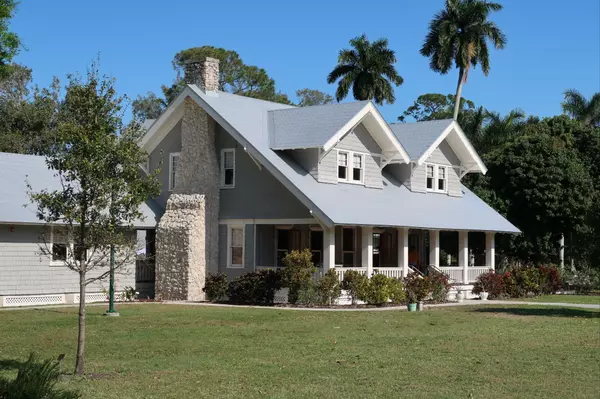

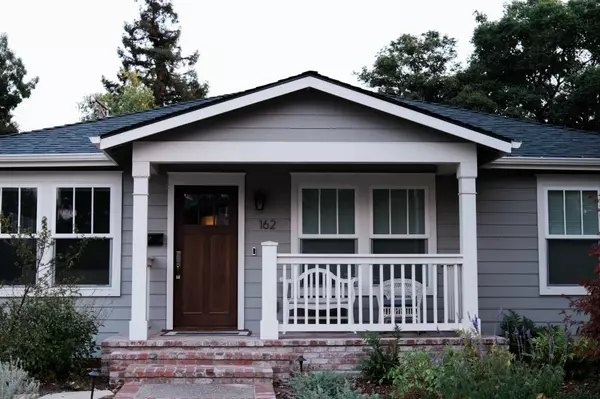

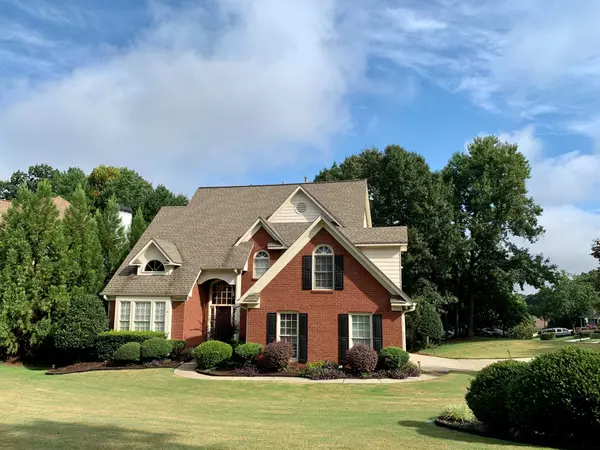
"Molly's job is to find and attract mastery-based agents to the office, protect the culture, and make sure everyone is happy! "
